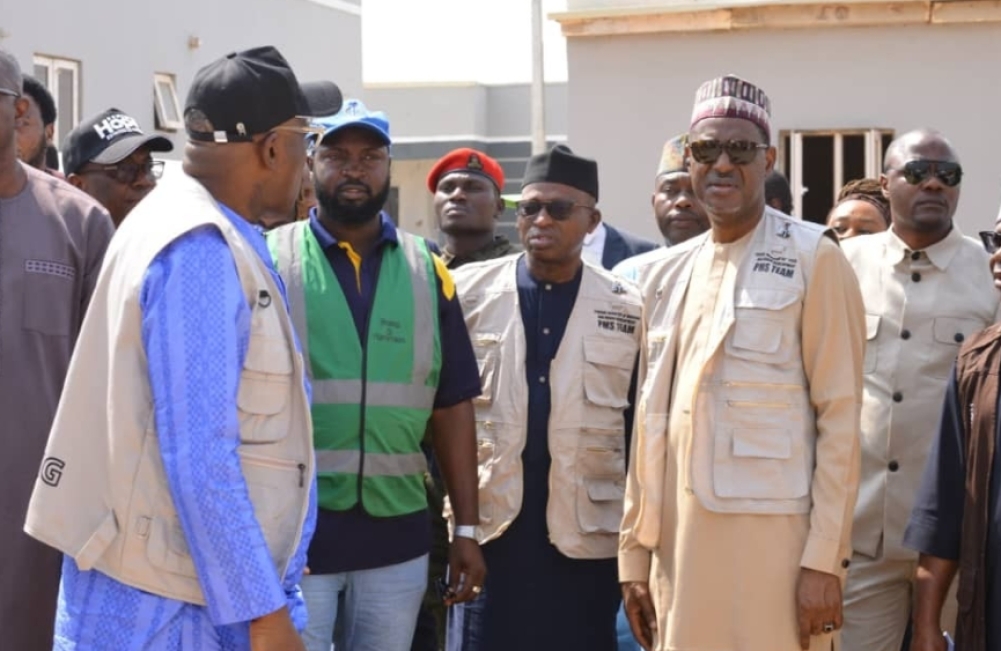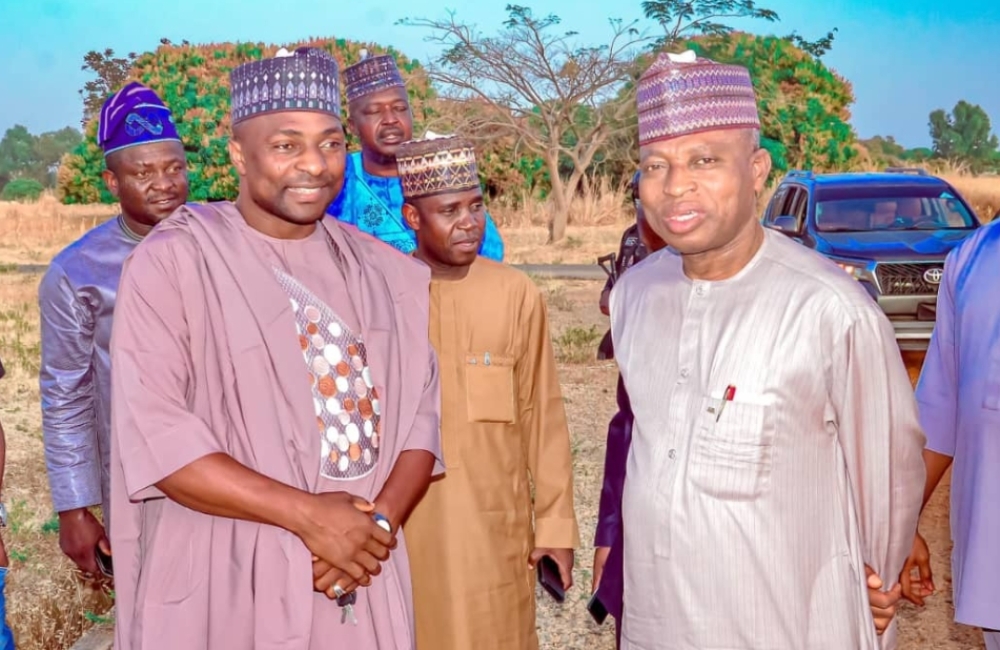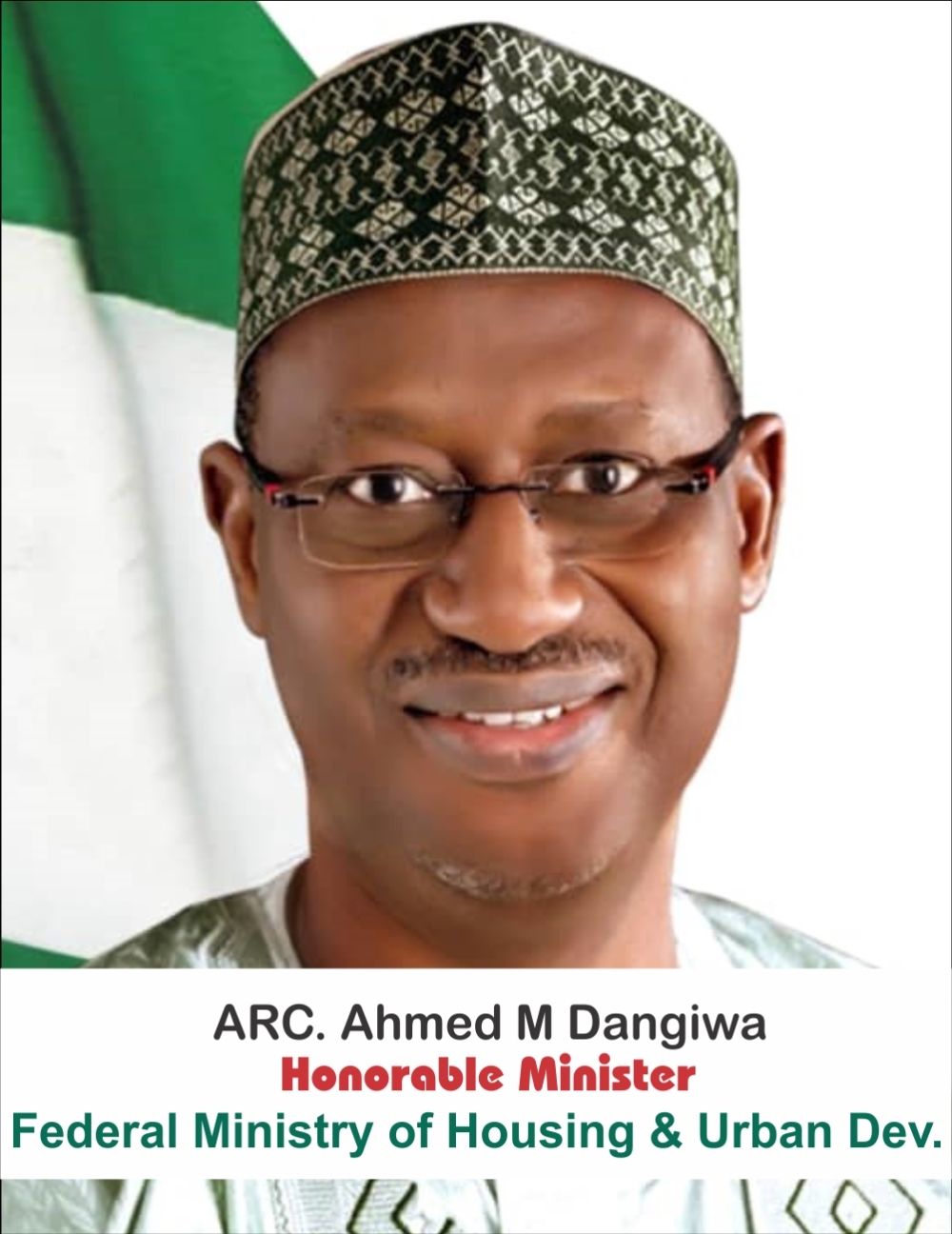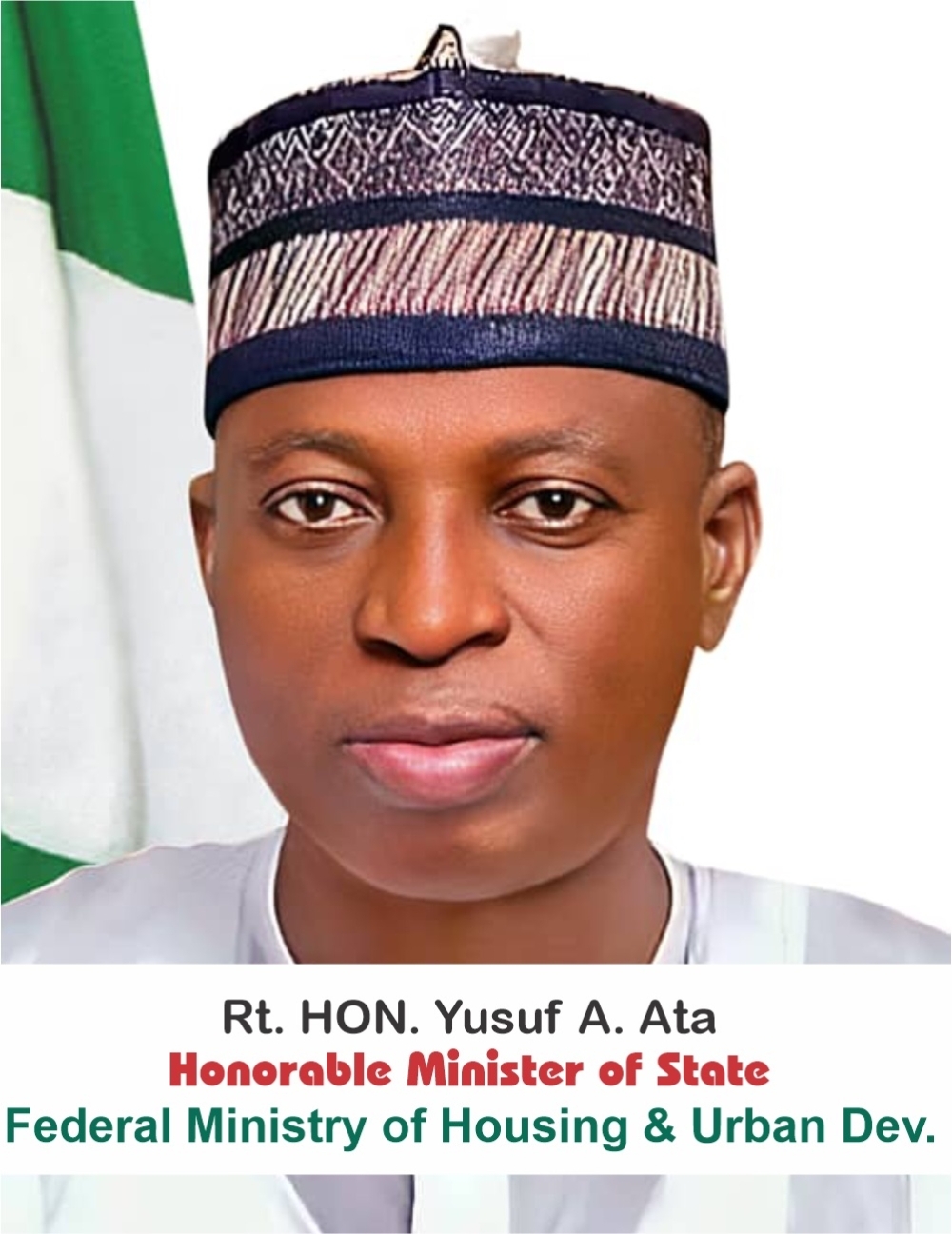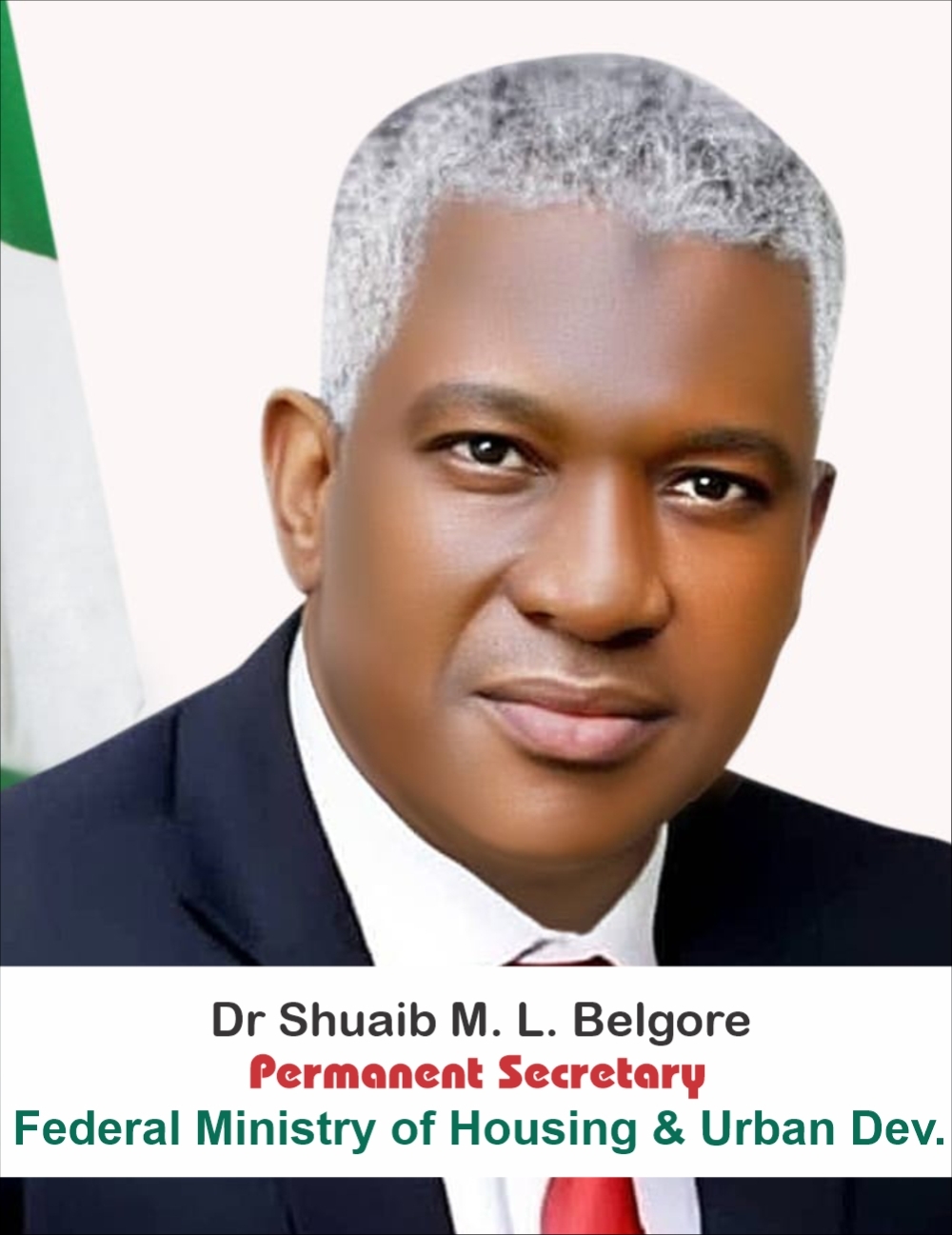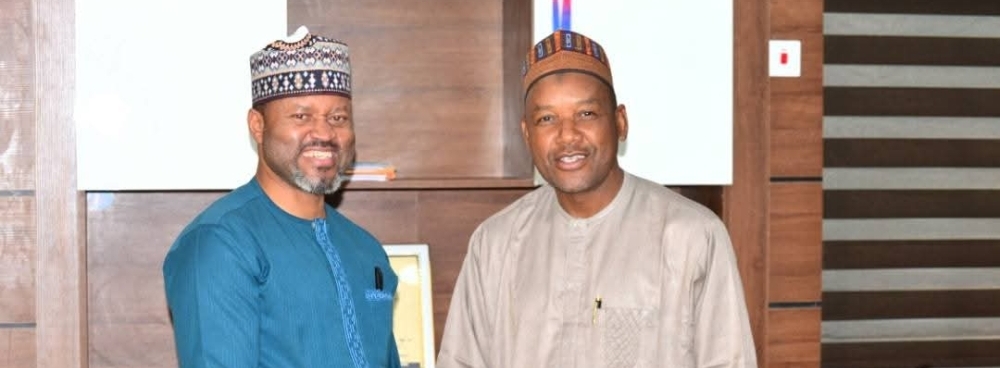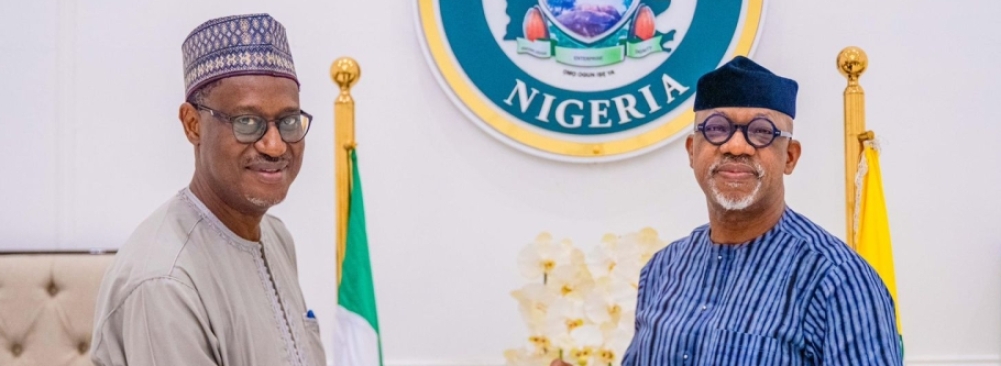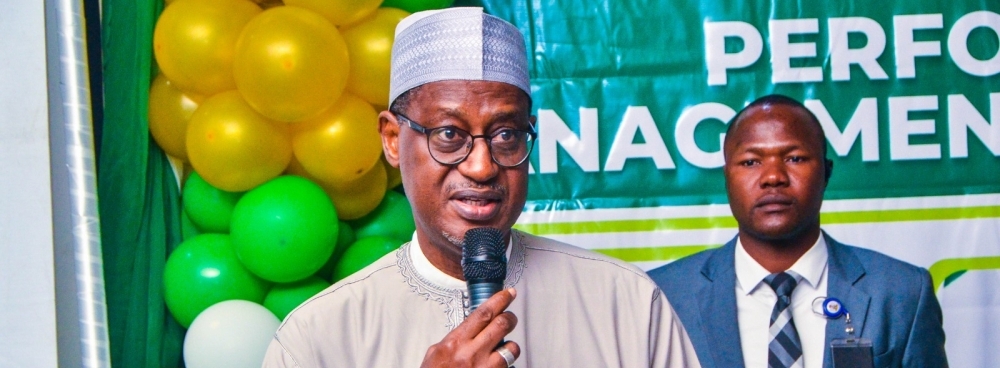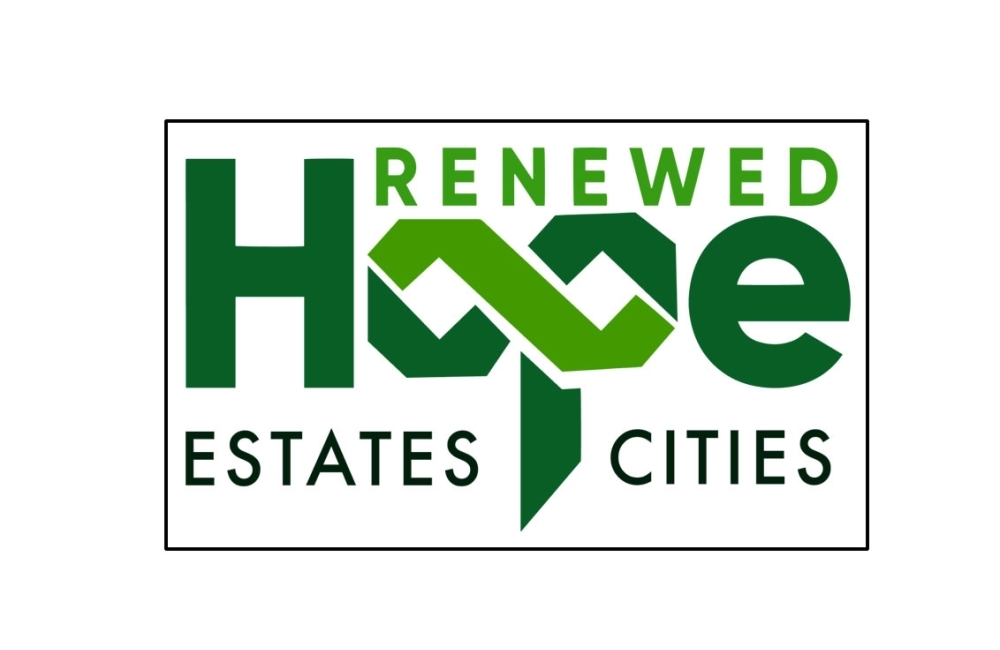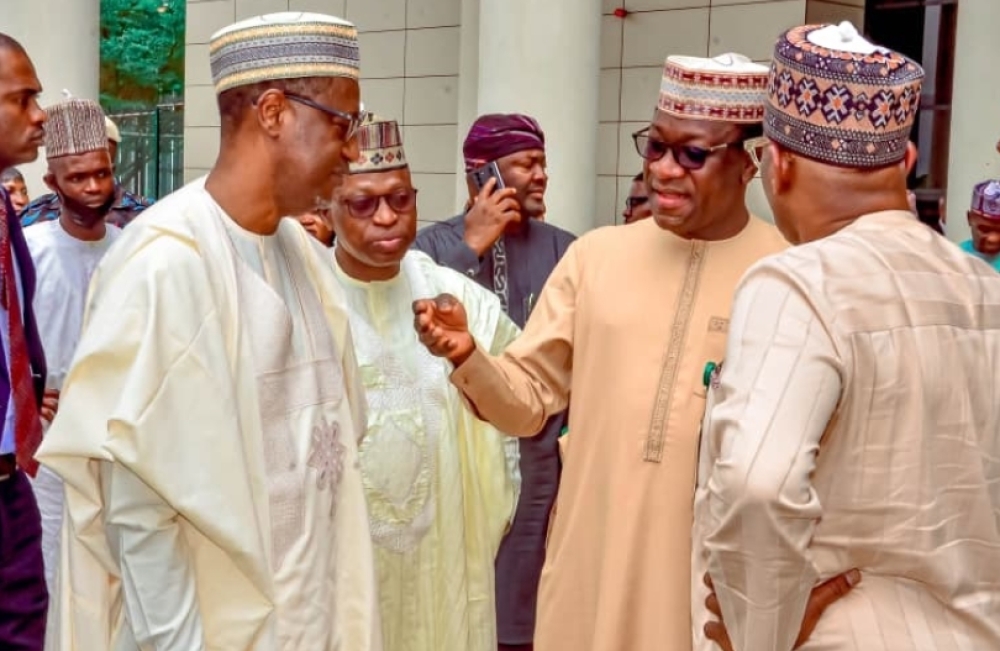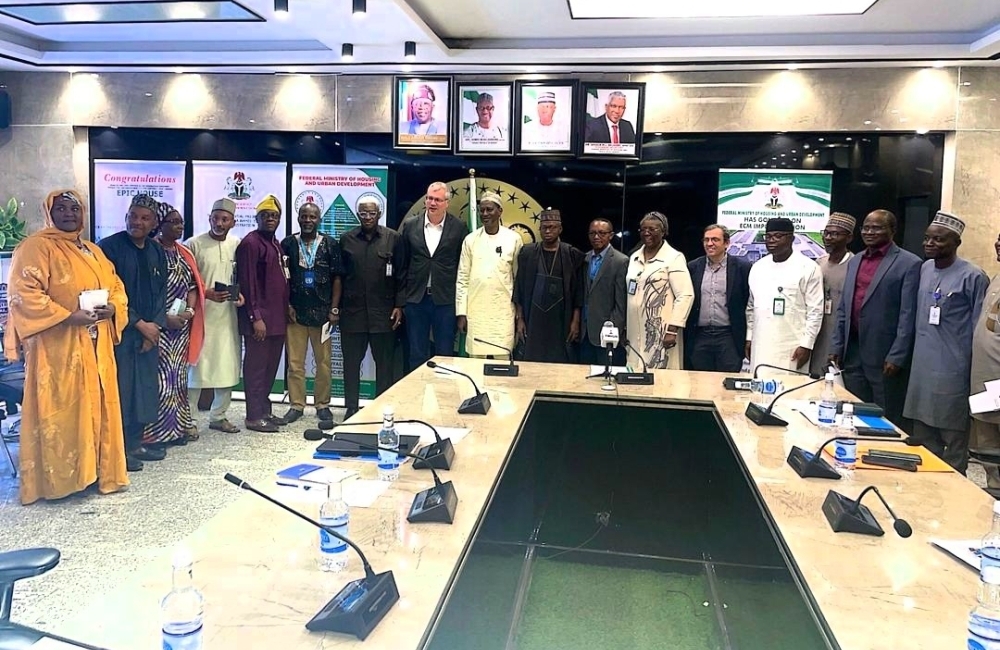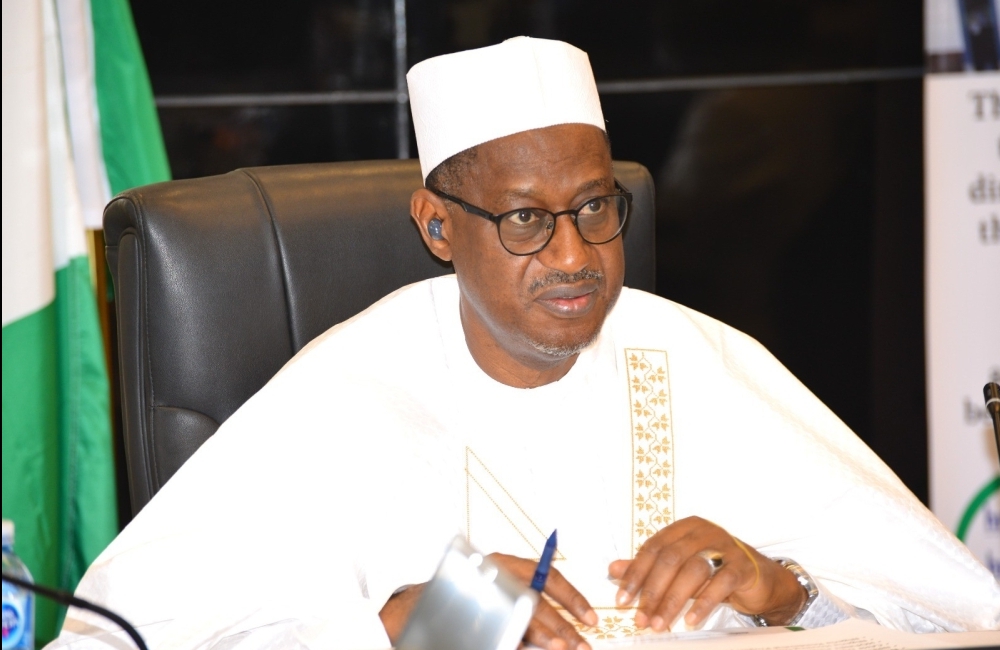
Housing Ministry, Shelter Advisory Convene Summit on Renewed Hope Housing PPP
* Summit, a high-level policy and transaction platform, dedicated to advancing structured Public-Private Partnerships for housing delivery in Nigeria.
The Federal Ministry of Housing and Urban Development in conjunction with the Shelter Advisory Services Limited will convene the second edition of the Renewed Hope Housing PPP Summit to accelerate large -scale housing delivery.
It is scheduled for April, 2026 at YarAdua Center, Abuja under the theme “From Policy to Projects: Financing and Delivering Housing at Scale through PPPs”.
The summit is a high-level policy and transaction platform, dedicated to advancing structured Public-Private Partnerships for housing delivery in Nigeria.
The objective is for stakeholders from federal and state policy makers, legislators, institutional investors, developers, and development partners to review and align policy frameworks with implementable housing projects.
It will also provide a practical, transaction-focused platform where the stakeholders would engage on how to structure, finance, and implement viable housing PPPs, with emphasis to be placed on project pipelines, financing instruments, risk-allocation frameworks, and successful delivery models that can be replicated across states.
This year’s theme, reflects the central objective of the second Edition of the Renewed Hope Housing PPP Summit: to bridge the gap between well-articulated policies and tangible, bankable housing projects on the ground.
It recognises Public–Private Partnerships (PPPs) as the most viable pathway for mobilising long-term finance, aligning public land and infrastructure with private sector expertise, and delivering housing at the scale Nigeria urgently requires.
Vice President, Kashim Shettima is expected to serve as the Special Guest, while the Minister of the Federal Capital Territory, Nyesom Wike will serve as the host. The Ministerial Address will be delivered by Arc. Ahmed Musa Dangiwa, Minister of Housing and Urban Development.
Accordingly, Minister of Finance, Wale Edun, Senator Aminu Waziri Tambuwal, Chairman of the Senate Committee on Housing, and Abdulmumin Jibrin, Chairman of the House Committee on Housing, will also make presentations at the Summit.
Ms. Elena Panaritis, Founder of Thought4Action and an international expert in property rights reform, informal economies, and PPP driven housing development, will deliver the Summit’s keynote address.
Lined up for the one day summit, also is a training workshop titled “Leveraging PPPs & Joint Ventures for Housing Development”, to be held for Heads of Housing Agencies, PMI’s, and developers.
Other features include special closed-door executive sessions, private interactive engagements with the Honourable Minister of Housing and Urban Development and the Permanent Secretary, one-on-one strategic coaching, and high-level discussions for captains and doyens of the housing industry.
Essencially, the Summit seeks to move the housing conversation beyond strategy into sustained delivery, translating policy clarity into investable projects and measurable impact for Nigerian cities and communities.
Close









